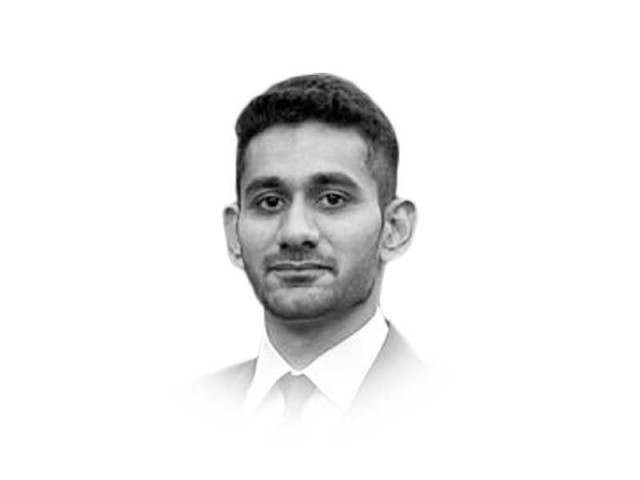The different realities of Pakistan
Real and lasting change would require policies that strengthen interactions between provinces and social groups

The writer is a member of The Express Tribune team and a political science graduate from LUMS. He tweets @KamilBreakdown
A solid shared foundation can prove to be a launching pad for additional dialogue and empathy. Differences in opinions can thereby be tackled in a productive manner. The foundation, however, has to be concrete. Abstract commonalities such as nationalism are bound to fail as they have no significance on meaningful policies.
Pakistan is a state made of diverse groups of people. Throughout its 70 years, their realities have been running parallel to each other without converging. Other than the fact that we are all Pakistanis, which is an abstract concept governed by a border demarcated by the British colonialists, the people in the country have no other binding feature which could act as a foundation for policy discussions.
In order to have a conversation with anyone, certain preconditions have to be met. If they are not, the final argument is rendered moot because the foundation becomes the focus. That is the problem with Pakistan’s policymaking decisions. Each province or cultural group has its own set of pre-conceptions and grievances. Therefore their priorities and solutions vary differently. In this atmosphere it is very hard to convince or enact broader policy decisions which in turn create an impediment to the state by resulting in delays on integral matters.
As a journalist based in Karachi, it is very difficult to address issues with Lahore-based co-workers. ‘Their’ realities and priorities are different than ‘ours’. This gives way to a deep-seated bias and often discrimination against the arguments of the ‘other’. At a micro level this creates a divergence between groups which severely impacts the smooth functioning of the state at the macro level. The same is true for most parts of the country. The people in Balochistan have a completely different view on life and the problems of the state along with the eventual solutions than the people of Sindh. Similarly, the people of Peshawar view the state in a completely different manner than their Punjabi counterparts.
After Imran Khan’s election victory and subsequent aggravation in Pakistan’s ailments, we must realise that we need to give up on the Messiah complex that dominates our landscape. There is no quick fix and there is no one person who can solve everything. A cohesive state requires all its members to be on the same page. That has never been the case in Pakistan and our ailments keep piling up. This trajectory has led Pakistan looking down into an abyss. Without the necessary course correction required, it will be a matter of time before the inevitable fall.
In order to grow as a nation, we must realise the root cause of our problems. The disconnect between our social groups is the biggest impediment to the growth of our nation. It can be easily defined as the ability to understand each other yet is a much more complex phenomenon. Over 70 years, these parallel realities have been running rampant. The convergence of these realities for the betterment of the nation would be no easy task by any means but is essential to the survival and prosperity of the country. Massive awareness drives along with policies such as exchanges of students and officials between provinces could act as a temporary bridge that can usher in a new era. However, real and lasting change would require policies that strengthen interactions between provinces and social groups while promoting an atmosphere of tolerance and understanding.
Published in The Express Tribune, February 19th, 2020.
Like Opinion & Editorial on Facebook, follow @ETOpEd on Twitter to receive all updates on all our daily pieces.















COMMENTS
Comments are moderated and generally will be posted if they are on-topic and not abusive.
For more information, please see our Comments FAQ